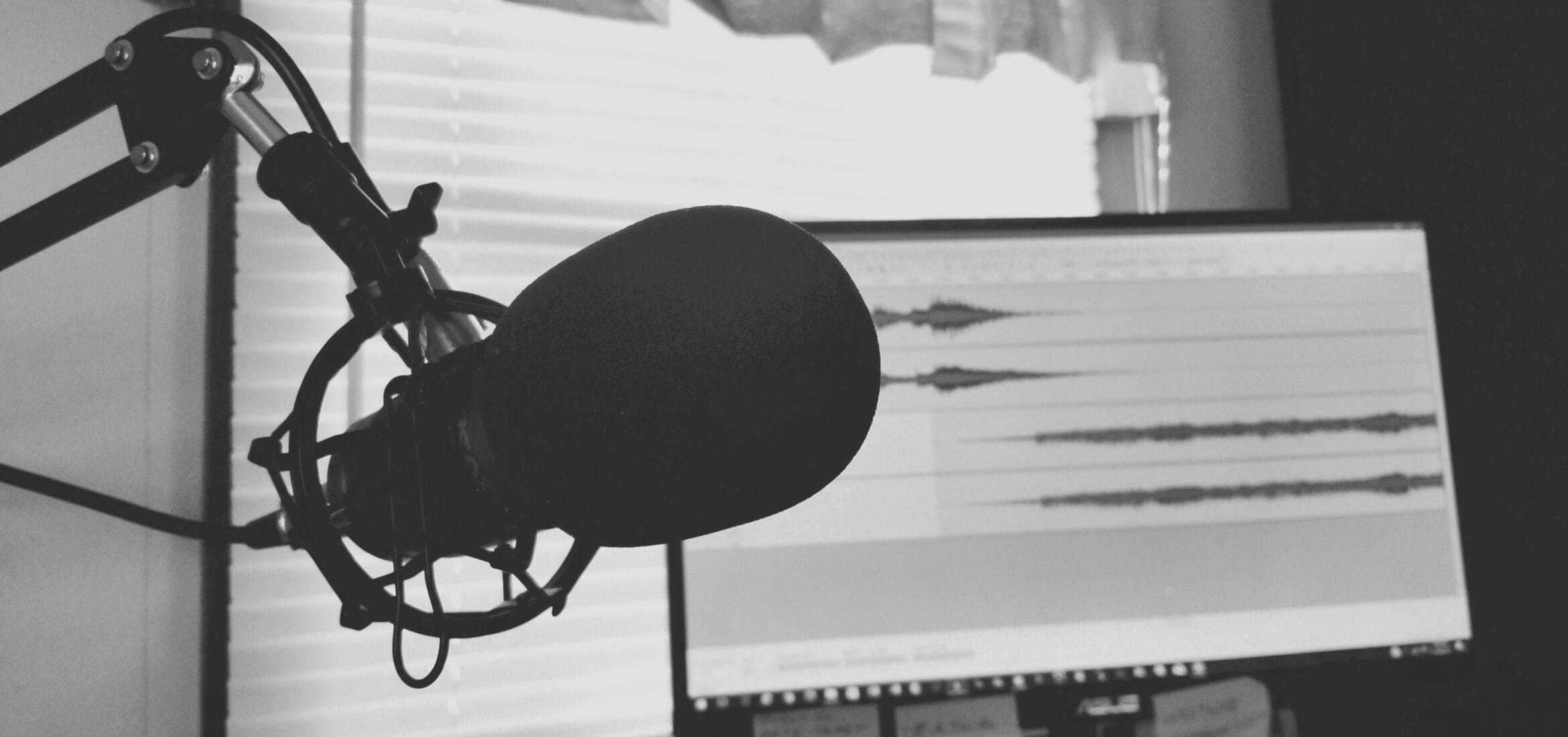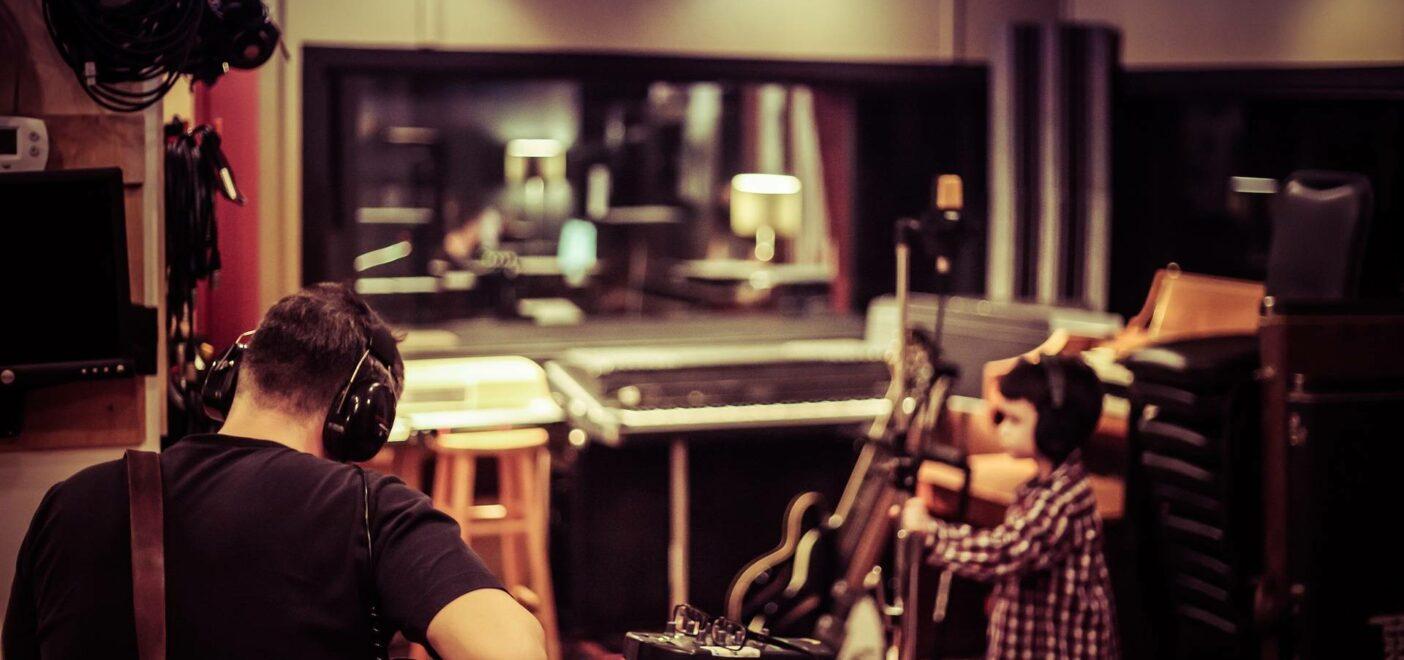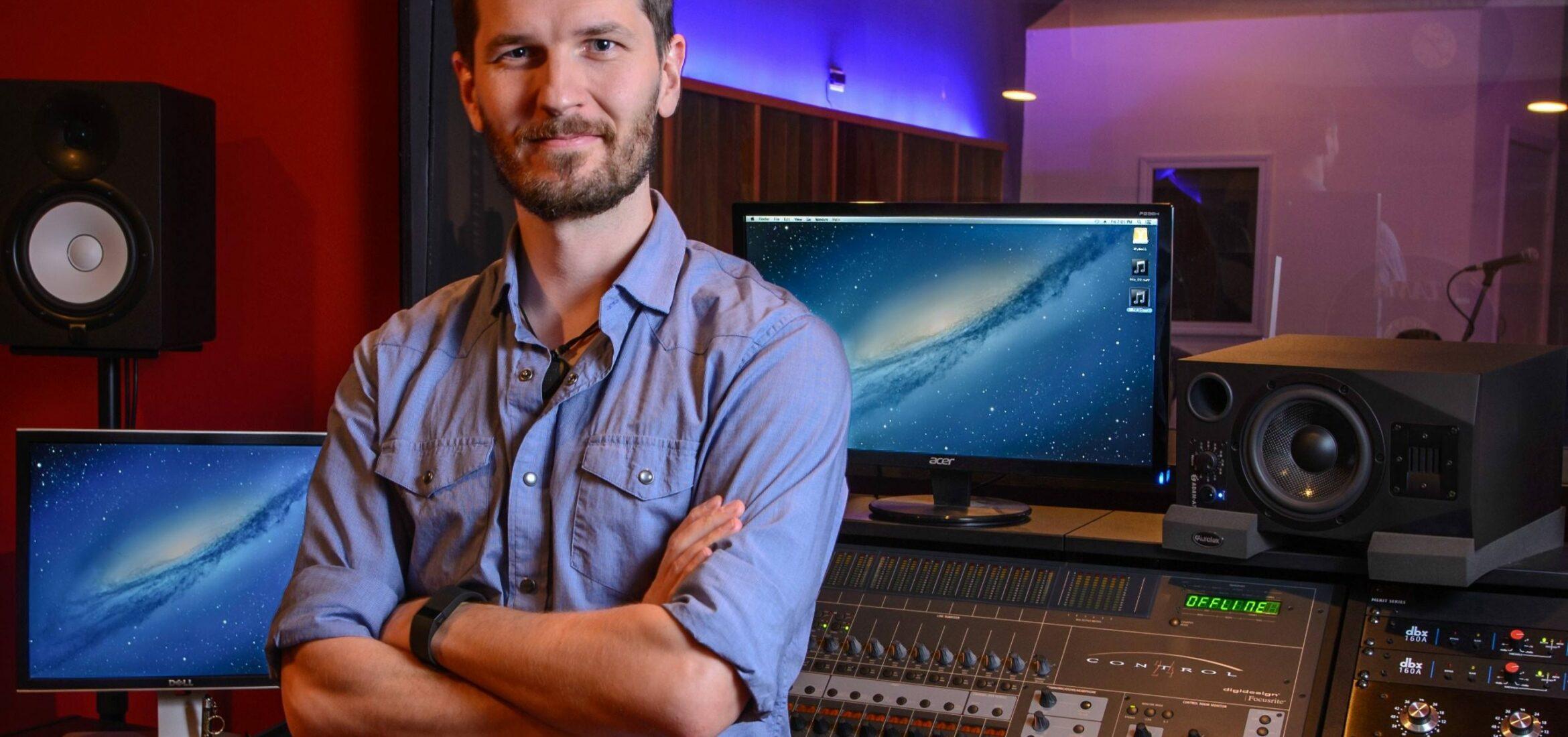As a professional music producer for over ten years, I’ve worked on quite a variety of projects. I’ve also had my fair share of issues and self-doubts. However, every now and then some game-changing revelation presents itself to me and I get ready to saddle up and move on with my work. Now, I know that for one reason or another, everyone approaches music creation differently. We’re all separated by our approach to writing a song, our motivations, and our chosen genres. Nevertheless, there are some tips I’ve come across over the years that can apply to almost all music creators simultaneously. Today I’d like to share five of these tips with you and I hope they’ll offer some new perspective to your creations.
Reversing Melodies
This is quite an interesting approach to music that until recently, I was completely unaware of. I’m not talking about backmasking here, but rather the concept of borrowing and reversing melodies to stimulate new ideas. Quite often, creating melodies can be the hardest part of getting started with a new song. You want to sound clever and creative whilst being original and retaining artistic integrity. With the amount of music being created these days, this can be a little overwhelming. This is where I have found that reversing melodies can be a great little creation tool.
Good artists copy, great artists steal – Pablo Picaso
In order to do this, you’re going to need some inspiration. Shouldn’t be too tricky, right? Once you’ve found a song you really like, for whatever reason, have a listen to some of the small sections of melody. This could be vocals or instrumentation. Once you’ve found a piece you really admire, flip it on around and you can begin to modify it into something that works for you. You could do this by reversing the order of the notes or reversing the movement of the scale. This wonderful little trick has now given you somewhere to start and you can adapt and modify this until you get something that fits your style. This trick is also great for building counter-melodies and harmonies as well. By identifying songs that are in the same key as yours, you can assimilate ideas from other works into your own. It’s kind of like a rudimentary sampling technique that helps you to develop the ideas that you already know and love.
Work Outside the Genre Box
This is a time-tested method that I have found works with so many musicians. Whether it’s clients stuck in a rut or hobbyists looking to develop their skills, the idea of moving away from their comfort zone always yields great results. You have to think about this much like a piece of schoolwork. You’ve been given the basic skills that make you competent music creators. Now you need to go and apply some external research to these skills to take things to the next level. Some of the best musicians I have ever worked with are great because they don’t fit into just one box. They can take you from double-time jazz swing to rumba without hesitation and this ability opens them up to wild and original new ideas. Equally, the ability to use real-world sounds that aren’t necessarily musical can add some serious character to your songs. Once you’re not even studying music, you really are outside of the box.
Now, this can be quite a daunting task, especially for some of your new music creators. My suggestion is to find a genre that’s not too distant from you’re preferred area but is different enough that you will need to learn something new. It’s even worth finding someone to collaborate with who typically works in a different genre to you. Taking the time to study and appreciate new musical scales or rhythms can help you to combine new and existing ideas into something different and wonderful. Just look at Ethio-Jazz! Equally, this ability to assimilate outside influence is likely to be the thing that really helps you break into the mainstream (if this is your wish of course). The ability to retain artistic integrity whilst simultaneously displaying the typical idioms of popular music is a sure-fire way to make it to the top.
Automation
Automation is a fantastic thing that can seriously change the way you make music by leaps and bounds. Ok, it’s not for everyone as I’m sure many music creators prefer a more acoustic and organic approach, but it’s still something I think that everyone should consider investigating and applying to their works. The biggest fear I hear from many of my students when it comes to automation is «How will I re-create that live though?». In truth, you generally won’t unless you’re using backing tracks. However, that doesn’t really matter. The art of live performance brings out so much energy and engagement in itself, nobody is really going to notice (or care for that matter) if there aren’t automated elements present.
You can do some incredible things with mix automation and these elements can really help to keep songs moving and evolving throughout. This is especially useful when you’re struggling with how to evolve your melodies and keep things musically interesting. Introducing effects in certain parts of the song can act as the introduction of another instrument if done convincingly. One of my favourite tricks is to automate in octave-above pitch-shifted reverb during choruses. This adds in a sense of airiness whilst introducing a whole new layer, similar to the violin above the cello. Equally, we can do more drastic things such as automating the wet and dry levels of a mix to create a more washed-out sound during a certain section of the song. Or maybe you could go crazy with some delay automation and utilise feedback to build new layers. Automation really has no limits and if you can adjust the parameter of a plugin, you can automate it. Go wild, play around and create some crazy new soundscapes that add a new dimension to your music.
Music Theory
Music theory, scary right? That’s what I used to think but learning some basic theory changing seriously changed my life. Being able to identify a scale, invert a chord, and fine-tune a sample is truly invaluable. Within this information age, there are literally millions of videos available to learn basic music theory and there is no good excuse for any music creators not to at least have the basics in their tool belts.

Not only will having some music theory in your skillset save you time but it will also get you away from the basic scales and musical modes that are easy to fall into. This makes for more imaginative music and a greater opportunity for original thinking. Combine your music theory with your studies of different genres and you’re well on your way to a whole new set of repertoire that you never knew existed.
Time Management
I’ve saved this one for last as I think it might be one of the most important things on this list. I struggled with this for many years, especially when I was first starting out as a professional. I would routinely overbook myself which meant letting clients down and never making time for my own music. But we all have to make mistakes, right? As music creators, we must make time for our own works but we mustn’t overstretch ourselves. It’s all about knowing what you can handle and not setting unrealistic deadlines. There’s a pretty fine line between self-motivation and simply stressing yourself out.
Planning projects and setting sensible deadlines could be all that you need to open up your horizons as a musician. Attempting to do too much at once can lead to stifling the creative process and introduce self-doubt in your abilities. Knowing when to take a break is as important as writing music. A great concept for dedicating time to music is Cal Newport’s ‘Deep Work’ ideas.
Deep work is the ability to focus without distraction on a cognitively demanding task. It’s a skill that allows you to quickly master complicated information and produce better results in less time.
The next time you decided to start a new project or write a new song, begin by making an action plan. At first, it’s a tedious process. However, it does get better. Set reasonable deadlines for each stage that don’t limit your personal workflow. This plan can include everything from writing to promoting your band. Just remember to build in rest days. Use them to immerse yourself in other music and forget about your own projects completely. Taking the time out and focusing on different ideas is likely to lead to revelations within your own projects.
TL;DR – Tips for Music Creators
There are so many great tips and tricks out there for music creators. Working outside the box and experimenting with new genres can lead to great influence. Take inspiration from other people’s works and adapt their ideas into your own. If you haven’t already, take some time to study some basic music theory. Experiment with automation in the production process and don’t let your fear of real-world replication limit the creative things you can do. Finally, manage your time properly. Create plans and set sensible deadlines that don’t stress you out.
Sobre el autor

Tim Dunphy
Ingeniero de sonido y redactor de contenidos especializadosMás de 10 años de experiencia trabajando en el sector del audio. De todo, desde enrollar XLR hasta masterizar álbumes. Soy un hombre hecho a sí mismo y mantengo mis activos en Bitcoin. ¿Qué más hay que saber?
Deja un comentario
Entrar para comentar





